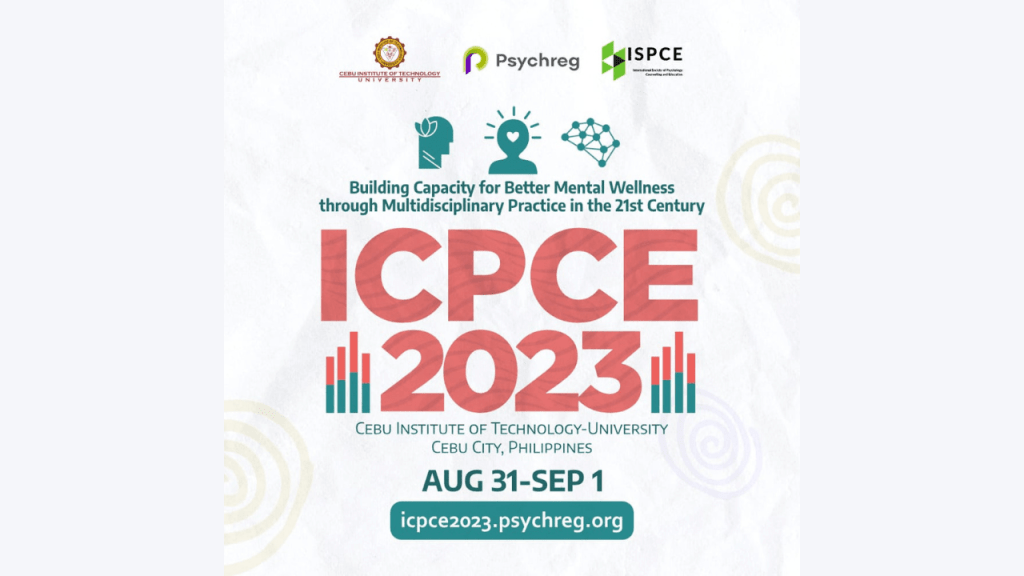When examining the role of nutrition in cancer, the interplay between cancer cells and their preferred nutrients is paramount. Just like every other cell in our body, cancer cells need nutrients to grow. But what sets them apart is the sheer greed and specificity with which they demand certain nutrients. By understanding this, we can potentially manipulate their growth or devise treatment strategies.
1. Glucose
The primary fuel source for most cells in our body is glucose. However, cancer cells have an insatiable appetite for it. Dr Otto Warburg, a Nobel Prize-winning scientist, shed light on this phenomenon in the 1920s. He discovered that even in the presence of oxygen, cancer cells prefer to break down glucose by a process called glycolysis, which is less efficient than the typical cellular process of oxidative phosphorylation. This phenomenon, now termed the ‘Warburg Effect,’ means that cancer cells consume glucose at an accelerated rate to sustain their rapid growth.
2. Glutamine
Apart from glucose, cancer cells also have a particular fondness for glutamine, an amino acid. Glutamine fuels the TCA cycle in cancer cells, a critical energy-producing cycle, and aids in the synthesis of nucleotides and other amino acids. Some researchers are even exploring the possibility of targeting glutamine metabolism as a therapeutic strategy for cancer, given its pivotal role in cancer cell survival.
3. Fatty acids
While they are an essential component of our diet and cellular function, certain cancer cells exhibit increased fatty acid uptake. These fatty acids serve as building blocks for creating the cellular membrane of rapidly proliferating cancer cells. Additionally, they are used as an energy store and a source for signalling molecules.
4. Methionine
Methionine is an essential amino acid, meaning our bodies cannot produce it, and we must obtain it from our diet. Some cancer cells demonstrate an unusual dependency on methionine and suffer when deprived of it. This phenomenon, termed ‘methionine stress sensitivity,’ is the subject of ongoing research, exploring its potential as a target for therapy.
5. Iron
Iron plays several vital roles in the body, from oxygen transport in red blood cells to aiding various biochemical reactions. Cancer cells, especially those of breast and liver origins, have been shown to crave more iron compared to normal cells. They utilise iron to foster rapid cell division and growth. Therapies that restrict iron uptake or utilise iron-mediated production of toxic molecules are under investigation for potential anticancer benefits.
Implications for treatment and lifestyle
The relationship between nutrients and cancer growth presents both challenges and opportunities. On one hand, depriving cancer cells of their desired nutrients could be an effective way to curb their growth. Clinical trials are underway for drugs that can block the uptake or metabolism of glucose, glutamine, and other such nutrients.
However, it’s important to remember that our normal cells also require these nutrients. Hence, systemic deprivation might do more harm than good. Precision medicine, which seeks to tailor treatments to individual patients and their unique cancer profiles, may be the key to striking the right balance.
In terms of dietary considerations, it might seem logical to assume that reducing the intake of these nutrients could prevent or slow cancer progression. However, such an approach is oversimplified and can be potentially dangerous. For instance, completely cutting out glucose or fatty acids is not only impractical but also harmful, as these molecules are crucial for many bodily functions.
Instead of extreme dietary modifications, a balanced diet rich in vegetables, fruits, whole grains, lean proteins, and healthy fats is recommended. This provides the body with the necessary nutrients to function optimally and possibly counteract potential cancerous changes.
Takeaway
Cancer cells, with their rapid proliferation and growth, inevitably have unique nutritional needs. By understanding these cravings, the scientific community is not only unravelling the mysteries of cancer metabolism but also devising innovative strategies for targeted therapies. As the research progresses, we can hope for treatments that exploit these vulnerabilities, leading us one step closer to turning the tide against cancer.
Helen Armstrong is a freelance science writer with a penchant for diving deep into cellular mechanisms. Born in the heart of Mississippi, she’s an American living in the UK, blending the best of both worlds in her writing.




























